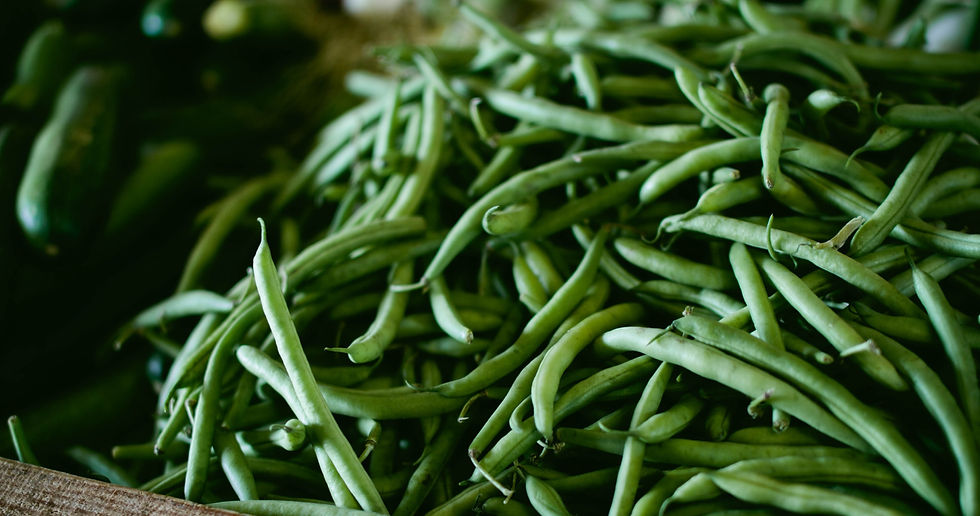Natural blood thinners
- Aug 15, 2022
- 3 min read
Updated: Aug 31, 2022
One in four people suffer from hypercoagulable blood. A blood clot is a mechanism by which liquid blood turns into solid clumps. When blood clots reach the brain they can cause a stroke, and if they reach the lungs they can cause pulmonary embolism and put the person at risk of life. The way to prevent the formation of blood clots and treat them is by using blood thinners. In this article we will explain everything you wanted to know about blood thinners, and about natural blood thinners.
Natural blood thinners - about the vitamins and ingredients that may help

The spice turmeric, known for its many health benefits, is also considered a natural blood thinner. The main ingredient in turmeric, curcumin, helps prevent platelet clumps that form blood clots. In order to increase the absorption of curcumin in the body, it is recommended to combine it with fatty foods such as nuts, sea fish and olive oil.

Vitamin E delays blood clotting time and thus prevents deep vein thrombosis. Foods rich in vitamin E are whole wheat bread, green vegetables, nuts, sesame oil, millet, kiwi, fish, spinach, beans, blueberries and Chinese lettuce
The enzyme Serrapeptase helps in dissolving plaques in the blood vessels, blood clots, cysts, dead tissues, in reducing inflammatory processes and thus contributes to cleaning the blood systems and heart vessels. This enzyme is present in nutritional supplements such as CRV Protector based on herbal mixtures - this is a nutritional supplement that is effective both in blood thinning, and in dissolving plaques, dissolving blood clots and even preventing them.
There are essential minerals such as magnesium and zinc that also help prevent excessive clotting. Magnesium prevents spasms in the arteries that can cause a stroke, while zinc strengthens the blood vessels. Foods rich in magnesium are sunflower seeds, almonds, cashew, watermelon, whole wheat flour and beans. Foods rich in zinc include beef, chicken , salmon and sardines, lentils, chickpeas, beans, pumpkin seeds, eggs, quinoa, cabbage, asparagus, cheese, yogurt and milk.

The omega-3 fatty acid is considered to inhibit the formation of blood clots, prevents atherosclerosis and reduces the risk of having an ischemic stroke (a stroke that occurs when there is a blockage in an artery that carries oxygen-rich blood to a part of the brain). Foods rich in omega 3 are salmon, sardines and mackerel, soybeans, walnuts, chia seeds, flax seeds, caviar, Brussels sprouts, oysters, berries, wild rice and algae oil.
When does the need for blood thinners arise?
Blood thinners are anticoagulants, intended for people who are at risk of blood clots, such as atherosclerosis patients, people suffering from hypertension, patients suffering from atrial fibrillation, patients who have had a heart valve replaced with an artificial valve, patients suffering from deep vein thrombosis and disabled people with limited mobility. In addition to this, there are factors that increase the risk of blood clots such as a long flight, smoking, obesity, old age, prolonged hospitalization, surgery, taking birth control pills, a weak immune system and congenital conditions.
Is the need to take blood thinners hereditary?
The need to take blood thinners may be hereditary. 35% of patients with deep vein thrombosis suffer from a hereditary disorder in the blood clotting mechanism, such as changes in the coagulation factor genes or deficiencies in the coagulation factors. The tendency for excessive clotting is called thrombophilia, and it may be hereditary.
How can the need for blood thinners be diagnosed?
The way to diagnose venous thrombosis (blood clots), and to decide whether blood thinners are necessary, is through various tests such as an ultrasound test, a D-dimer test that examines the breakdown products of fibrin (a protein that stabilizes the blood clot) and a general protein C detection test
What types of food are used as natural blood thinners?
There are many foods that are considered to reduce the risk of excessive clotting, such as turmeric, ginger, hot pepper, cinnamon and foods rich in vitamin E, omega 3, magnesium and zinc.
What other ways are there for natural blood thinning?
You can take vitamins and natural nutritional supplements based on herbal mixtures, which help to thin the blood naturally and prevent excessive clotting in the blood. These vitamins and nutritional supplements are a great alternative for blood-thinning drugs that can cause long-term damage and side effects. At the same time, a professional should be consulted before taking vitamins and natural nutritional supplements.

留言